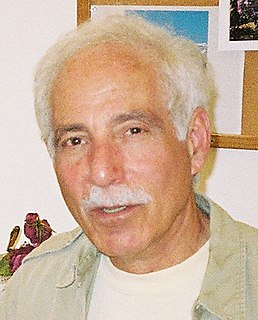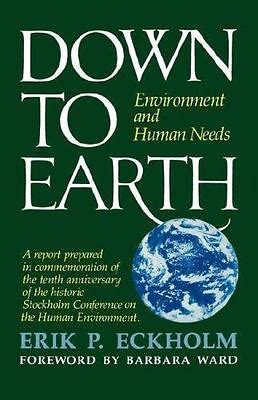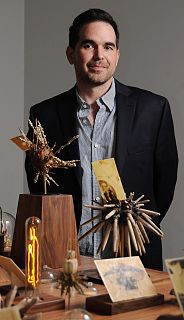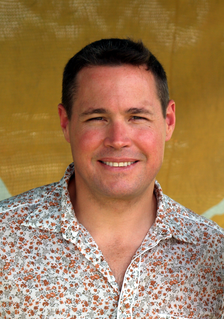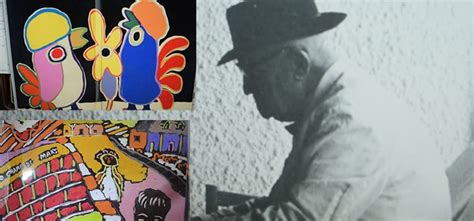A Quote by John Felstiner
In this twenty-first century, there's no one like Sharona Muir who can write, in bright accurate language, animals real or imaginary in an updated bestiary that riffs on evolution, extinction, and what it means to be human among other species. We need this view, and you'll be right there with her on every page of Invisible Beasts.
Related Quotes
One animal or plant species may become extinct every hour. All species are doomed to extinction, but man through worldwide development/killing animals for food/profit/using toxic chemicals such as pesticides/industrial wastes, will accelerate the extinction of plants/animals and the result will be a more hostile environment for man.
The characteristic human trait is not awareness but conformity, and the characteristic result is religious warfare. Other animals fight for territory or food; but, uniquely in the animal kingdom, human beings fight for their 'beliefs.' The reason is that beliefs guide behavior, which has evolutionary importance among human beings. But at a time when our behavior may well lead us to extinction, I see no reason to assume we have any awareness at all. We are stubborn, self-destructive conformists. Any other view of our species is just a self-congratulatory delusion.
It must be stressed that there is nothing insulting about looking at people as animals. We are animals, after all. Homo sapiens is a species of primate, a biological phenomenon dominated by biological rules, like any other species. Human nature is no more than one particular kind of animal nature. Agreed, the human species is an extraordinary animal; but all other species are also extraordinary animals, each in their own way, and the scientific man-watcher can bring many fresh insights to the study of human affairs if he can retain this basic attitude of evolutionary humility.
As many glaciers are melting and icy tundras are decaying, there's an unprecedented amount of woolly mammoth material that's becoming dislodged from the ice. Not just mammoth, but all kinds of fossils from the past. What occurred to me was, had anyone tried to pinpoint the first case of human-induced extinction? What was the first time we as species pushed another one to oblivion? I would argue that's probably going to be one of the defining moral problems of the century, human-induced extinction. And I really wanted to know, when did we first cross that barrier?
Many scientists would argue that we are now in what is called Extinction, and it's caused by this perfect extinction storm: climate change, habitat loss, pollution, unsustainable exploitation of species and habitat resources, and of course, human population explosion. All of these factors work together and conspire to drive a species to extinction on our planet, every half an hour.
Invisible Beasts is a strange and beautiful meditation on love and seeing, a hybrid of fantasy and field guide, novel and essay, treatise and fable. With one hand it offers a sad commentary on environmental degradation, while with the other it presents a bright, whimsical, and funny exploration of what it means to be human. It's wonderfully written, crazily imagined, and absolutely original.
The earth has continued to change, from rapid climatic changes that have caused the glaciers and the ice sheets to basically bulldoze the landscape and cause species compression in the tropics and cause mass species extinction - you know, all these huge changes. In terms of evolution, every species is doomed to eventual extinction. The natural world is constantly changing. So, to deal with "environmental problems," in quotes, totally misses the issue. That is not the way we want to define our problem if we're going to find our solution.
Sharona Muir has written a gripping personal memoir about her odyssey to rediscover and reclaim her father. Along the way she uncovers some hard truths about the heroic founders of Israel and the Beginnings of Israeli science. The Book of Telling keeps in all the fears and resentments and consolations and warmth of such a process-at once her own story and the tale of a nation.
The ruling British elite are like animals--not only in their morality, but in their outlook on knowledge. They are clever animals, who are masters of the wicked nature of their own species, and recognize ferally the distinctions of the hated human species. Nonetheless, obsessively dedicated to being such animals, they can not [sic] assimilate those qualities unique to true human beings.
